It’s imperative to understand the benefits and drawbacks of pea protein before incorporating it into your diet. This plant-based protein is a popular choice among vegetarians and vegans, offering a range of nutrients and health benefits, including muscle building and weight management. However, it’s important to be aware of any potential allergies or digestive issues that may arise. By exploring the scientific evidence surrounding pea protein, you can make an informed decision on whether it’s a beneficial addition to your nutrition plan.
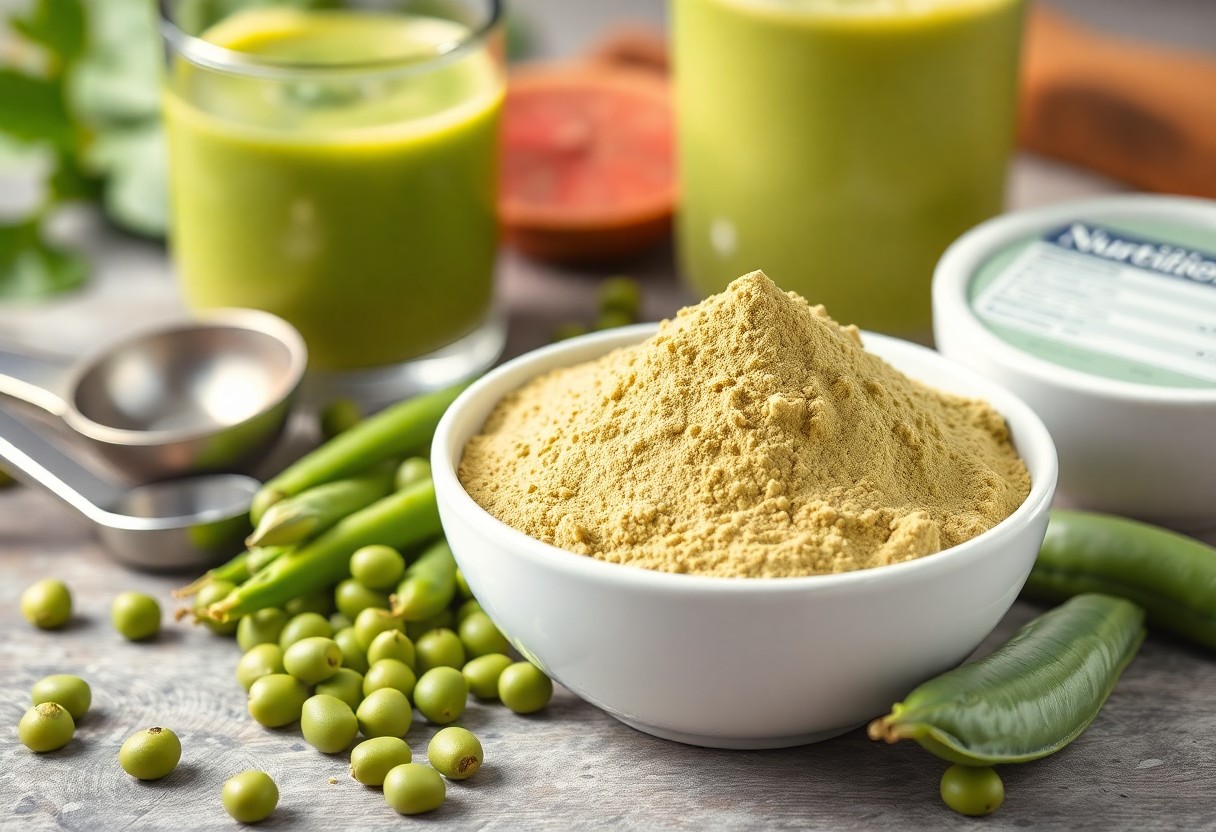
Nutritional Profile of Pea Protein
Your journey into the world of pea protein reveals a nutrient powerhouse. Packed with an impressive blend of vital vitamins and minerals, pea protein serves as a fantastic source of protein for those seeking plant-based alternatives. It typically contains around 15-25 grams of protein per serving, while also being rich in iron, magnesium, and potassium, making it a beneficial addition to your diet.
Protein Content
After analyzing pea protein, you’ll find it boasts a notable protein content comparable to many animal-based protein sources. With its high digestibility, pea protein effectively supports muscle recovery and growth, making it a favorite among athletes and fitness enthusiasts.
Amino Acid Profile
Around 9 vital amino acids are vital for your body, and pea protein provides a solid array of these necessary building blocks. Although it is somewhat lower in methionine, it can effectively complement rice protein, creating a balanced profile for optimal health.
With its diverse amino acid profile, pea protein can play a significant role in your health. It is rich in branched-chain amino acids (BCAAs), which are known to promote muscle synthesis and recovery. In addition, pea protein contains arginine, which supports heart health and improves blood flow. While it may lack some amino acids like methionine, you can easily combine it’s benefits with other plant proteins, ensuring you receive a complete set of amino acids in your diet.
Health Benefits of Pea Protein
There’s a growing interest in pea protein as a beneficial addition to your diet. Packed with necessary amino acids and rich in iron, this plant-based protein source not only supports your overall health but also helps in muscle maintenance and growth. With its easily digestible nature, it can be a great option for those with dietary restrictions or sensitivities, providing a nutritious alternative without allergens commonly found in other protein sources.
Muscle Growth and Recovery
Any fitness enthusiast will appreciate that pea protein supports muscle growth and recovery effectively. It contains a high level of branched-chain amino acids (BCAAs), which play a significant role in muscle repair and growth. Incorporating pea protein into your post-workout routine can enhance your recovery, allowing you to reach your fitness goals faster.
Weight Management
Beside its muscle-building benefits, pea protein is also a powerful ally for weight management. Its high protein content helps you feel fuller for longer, reducing cravings and aiding in appetite control. This can lead to better meal choices and portion control, ultimately contributing to weight loss or maintenance.
Further, studies have shown that diets high in protein can increase your metabolic rate, helping your body burn more calories throughout the day. With low-fat content and the ability to promote satiety, pea protein can be a valuable tool for achieving and sustaining a healthy weight. By choosing pea protein as part of your meals, you’ll not only enjoy its health benefits but also make progress toward your weight goals more efficiently.
Digestive Health and Allergies
If you’re exploring the benefits of pea protein, it’s important to consider its effects on digestion and allergies. Some people may experience digestive discomfort when consuming protein powders, but pea protein is everywhere, is it healthy? Research suggests that for most, it’s well-tolerated and can even aid digestion due to its fiber content, while being a safe choice for those with common allergies.
Fiber Content
Any protein supplement can benefit from added fiber, and pea protein is no exception. With a solid dose of dietary fiber, it may support your digestive health and help you feel full, aiding in weight management.
Allergen-Free Alternative
The rising popularity of pea protein makes it an excellent allergen-free alternative for many individuals. For those allergic to dairy, soy, or gluten, pea protein offers a safe and nutritious option without the common allergens.
With its hypoallergenic properties, pea protein serves as a great protein source for individuals facing dietary restrictions. It’s rich in important amino acids and a great source of iron, supporting your health without the risk of harmful allergic reactions. This makes pea protein an inclusive choice for both athletes and those seeking to maintain a balanced diet.
Environmental Impact
For those seeking sustainable nutrition, pea protein offers a comparatively low environmental footprint. It requires less water and land than many animal-based proteins, making it a favorable choice for eco-conscious consumers. Additionally, peas enrich the soil with nitrogen, reducing the need for synthetic fertilizers. Incorporating pea protein into your diet not only supports your health but also contributes to a healthier planet.
Sustainability of Pea Agriculture
Below, you will find key factors highlighting the sustainability of pea farming:
Factors Affecting Sustainability
| Water Usage | Lower than that of animal proteins |
| Soil Health | Improves nitrogen levels in soil |
| Greenhouse Gas Emissions | Significantly lower compared to meat production |
Comparison to Other Protein Sources
About the environmental impact, it’s important to understand how pea protein stacks up against other common protein sources:
Protein Source Comparison
| Animal Protein | High greenhouse gas emissions and water usage |
| Whey Protein | Higher environmental impact due to dairy farming |
| Plant-Based Proteins | Generally lower impact, but varies across sources |
Another important aspect to consider is that while many plant-based proteins are sustainable, pea protein stands out by providing a high protein content with minimal environmental repercussions. This makes it an appealing option for individuals striving to enhance their health without contributing to environmental degradation. While other protein sources like animal or dairy proteins may offer high nutritional value, the associated ecological costs can be significant. By choosing pea protein, you are making a choice that benefits both your body and the planet.
Potential Drawbacks
Many individuals incorporating pea protein into their diets might encounter some potential drawbacks. Although it is a valuable plant-based protein source, it may not provide a complete amino acid profile on its own. This means that if you rely solely on pea protein, your body might miss out on important nutrients found in other protein sources, particularly methionine. Balancing it with other protein types may be necessary to achieve optimal nutritional status.
Nutritional Deficiencies
Along with its benefits, relying heavily on pea protein can lead to nutritional deficiencies. While it’s rich in several important amino acids, it lacks sufficient quantities of certain important nutrients, which could compromise your overall health if not complemented with varied food sources.
Possible Gases and Bloating
To some, using pea protein may come with digestive discomfort, specifically gas and bloating. This is primarily because pea protein contains oligosaccharides, which can ferment in your gut and lead to uncomfortable symptoms.
Considering that digestive issues can be a concern for many, it’s important to pay attention to how your body reacts when consuming pea protein. You may experience increased flatulence and bloating, particularly if you’re not accustomed to high-fiber foods or if you consume it in large quantities. If these symptoms persist, it might be wise to gradually introduce pea protein into your diet or consult with a healthcare professional for personalized advice.
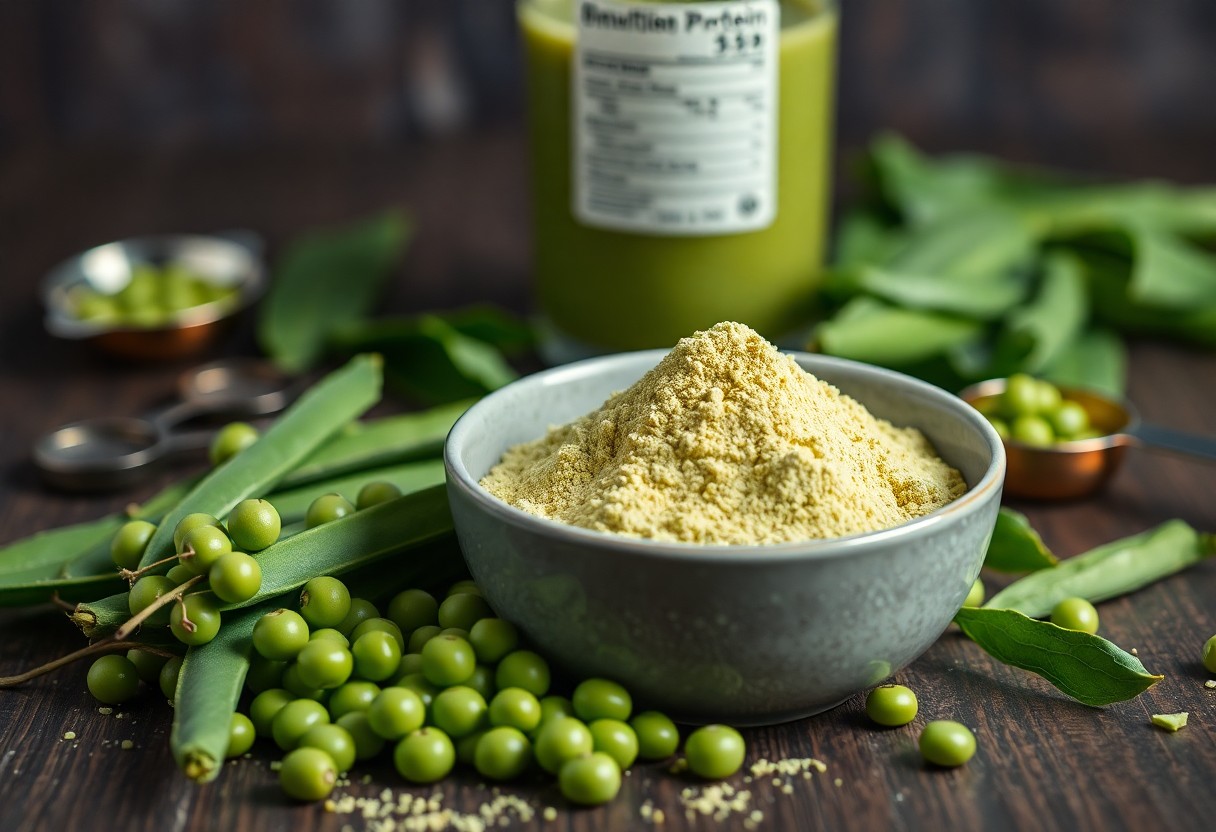
How to Incorporate Pea Protein into Your Diet
Unlike many other protein sources, pea protein is versatile and can easily fit into your daily meals. You can add a scoop of 10 Powerful Health Benefits Of Pea Protein Powder into smoothies, oatmeal, or baked goods for an extra protein boost. Consider shaking up your routine by incorporating it into soups or sauces for added nutrition without sacrificing flavor.
Food Products and Supplements
Among the options available, numerous food products and supplements feature pea protein as a key ingredient, making it easier than ever to include it in your diet. From protein bars to meal replacement shakes, these products provide convenient ways to enjoy the health benefits of pea protein, promoting muscle growth and recovery.
Recipes and Serving Suggestions
Supplements like pea protein powder can be seamlessly integrated into your cooking or snacking routines. For example, you can make protein pancakes by mixing pea protein with your favorite pancake batter or add it to smoothies for a creamy texture and a nutritional boost. The variety of flavors available allows you to customize your dishes while benefiting from its rich amino acid profile that supports overall health.
The key to utilizing pea protein in your recipes is to experiment and tailor the amounts to your taste preferences. Start by adding a small scoop to smoothies, or try it in savory dishes like soups or stews for a hearty twist. You can also create energy balls by combining pea protein with oats, nut butter, and honey. By embracing the versatility of pea protein, you ensure you’re fueling your body with imperative nutrients that support your health goals effectively.
Summing up
Ultimately, incorporating pea protein into your diet can offer various health benefits, including muscle support, improved digestion, and a good source of important nutrients. As a plant-based protein, it is suitable for various diets and can be particularly advantageous if you are looking to reduce animal protein intake. However, as with any dietary choice, it’s important to ensure it fits well with your overall nutritional needs and lifestyle. Consider consulting with a healthcare professional to optimize your protein sources effectively.
FAQ
Q: What are the main health benefits of pea protein?
A: Pea protein offers several health benefits including supporting muscle growth and recovery, aiding in weight management, and contributing to heart health. It is a rich source of vital amino acids, particularly arginine, which helps improve blood flow and may enhance exercise performance. Additionally, because it is plant-based, it is often easier to digest for those with sensitivities to dairy or soy proteins.
Q: Is pea protein suitable for those with food allergies?
A: Yes, pea protein is a great alternative for individuals with food allergies or intolerances. It is free from common allergens like dairy, gluten, and soy. This makes it an excellent option for those following plant-based, vegan, or hypoallergenic diets, helping them to meet their protein needs without adverse reactions.
Q: How does pea protein compare to other protein sources?
A: Pea protein is comparable to other protein sources such as whey and soy regarding its protein content. However, it is lower in certain amino acids like methionine, which is vital for various bodily functions. To achieve a complete amino acid profile, it can be beneficial to combine pea protein with other protein sources, such as rice or quinoa. This combination can optimize nutrient intake while still maintaining plant-based integrity.
Q: Can pea protein help with weight management?
A: Yes, pea protein can assist with weight management due to its ability to promote feelings of fullness and reduce appetite. The high protein content can help keep you satisfied longer, which may decrease overall calorie intake. Including pea protein in your diet, whether through smoothies, shakes, or meals, can be an effective strategy for those looking to manage their weight or enhance their dietary protein intake.
Q: Are there any potential side effects of consuming pea protein?
A: Pea protein is generally considered safe and well-tolerated for most individuals. However, excessive intake may lead to gastrointestinal discomfort for some people, including bloating or gas. It is advisable to start with a moderate amount and observe how your body responds. As always, consult with a healthcare provider or nutritionist if you have specific health concerns or dietary needs.
Related Products
Discover more from NatureZen Market
Subscribe to get the latest posts sent to your email.

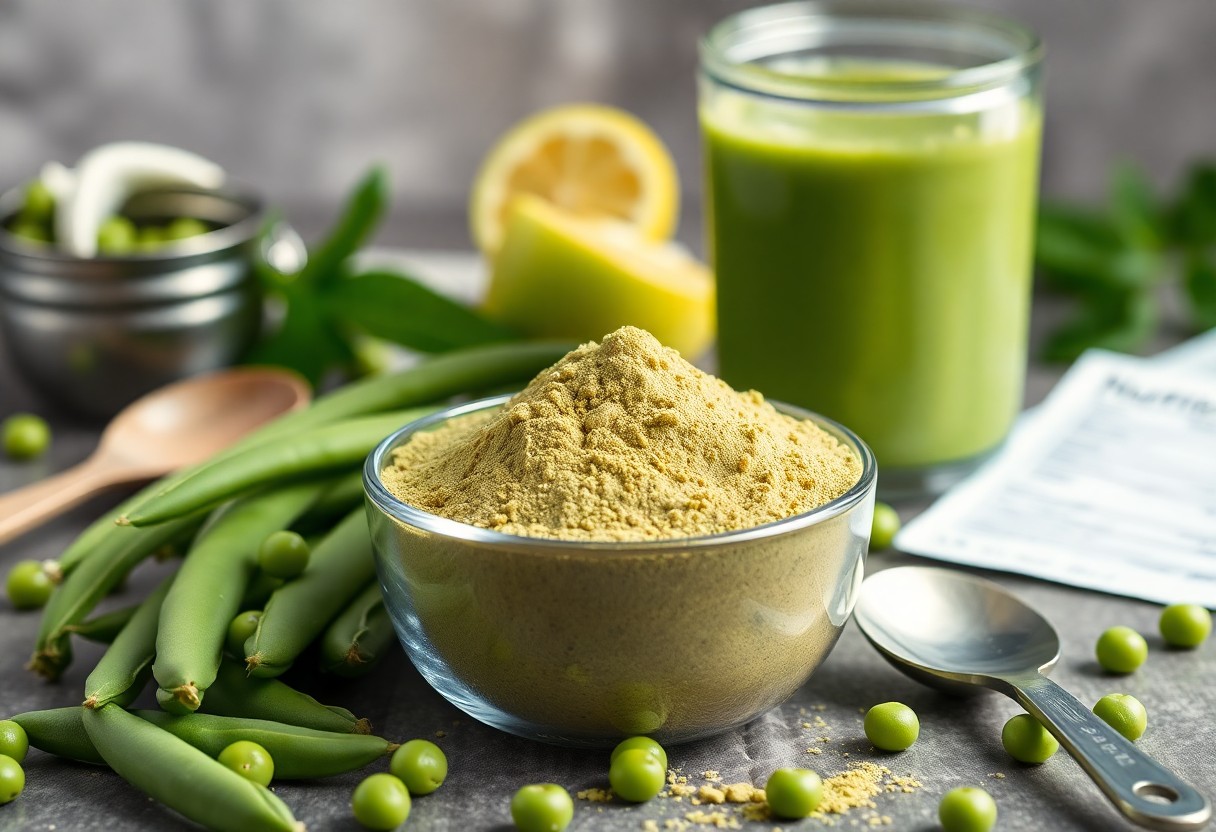
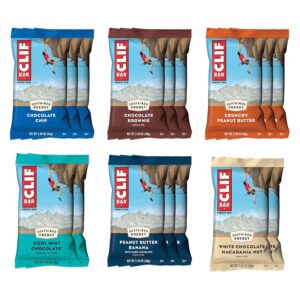

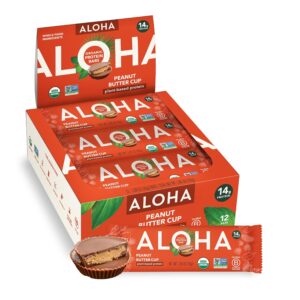

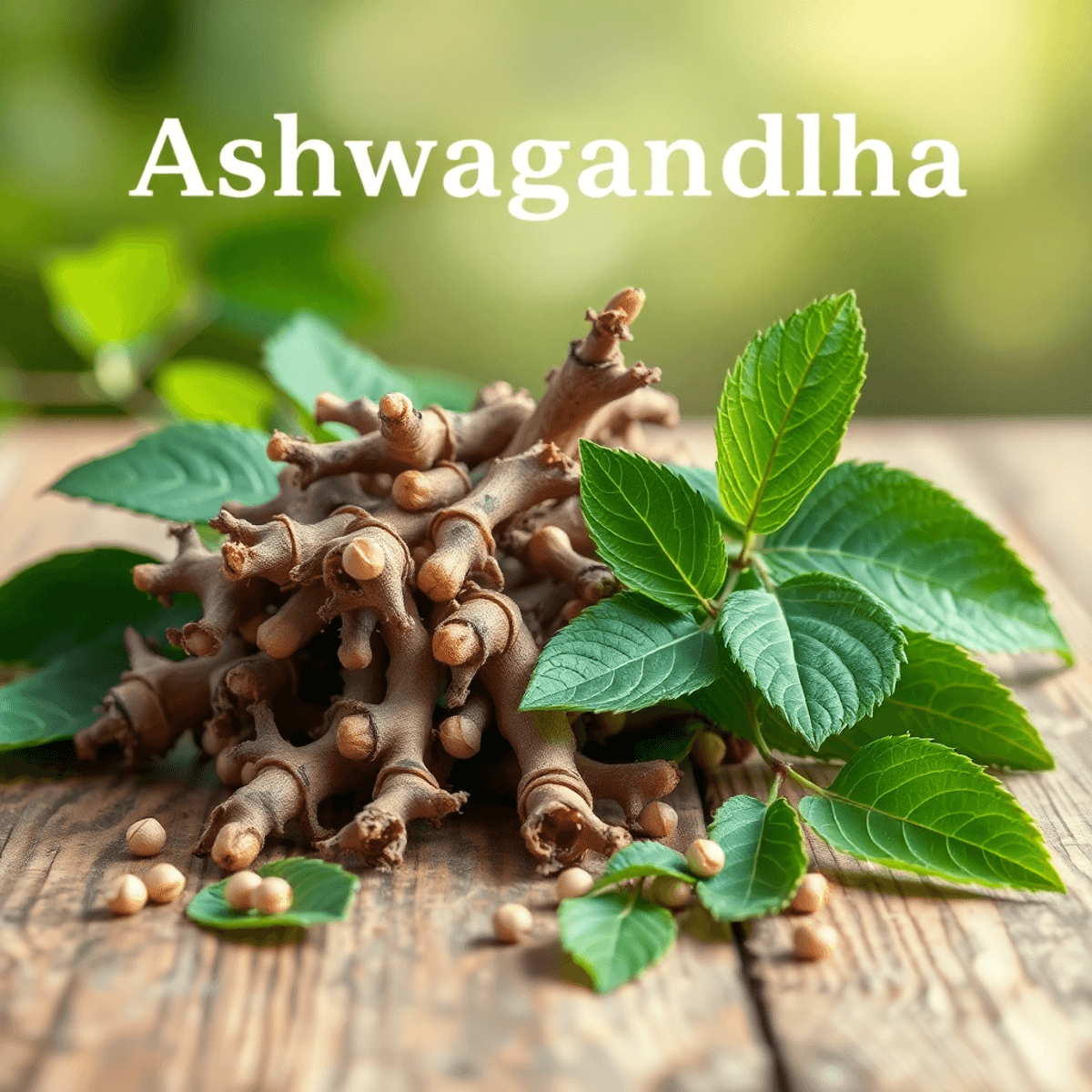









Great💚